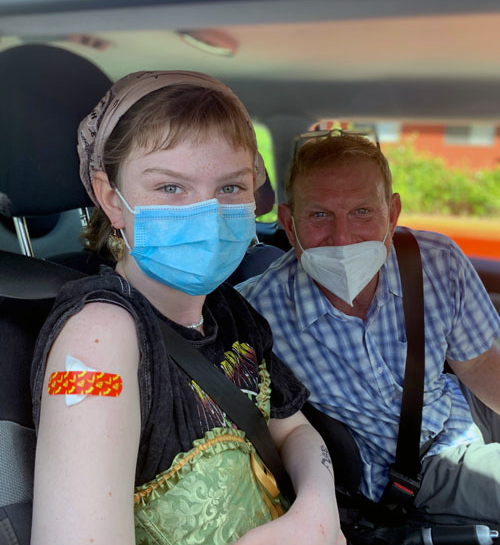Take control: colon cancer screening puts health in your hands
 Over the last couple of years, it became easy to put off regular screenings and checkups because of COVID-19. It’s time to get back to those important health check appointments, like colon cancer screening.
Over the last couple of years, it became easy to put off regular screenings and checkups because of COVID-19. It’s time to get back to those important health check appointments, like colon cancer screening.
Suppose you are 50 or older and at average risk of colon cancer, meaning you have no colon cancer risk other than age. In that case, your primary care doctor may recommend a colonoscopy every ten years, or sometimes sooner, to screen for colon cancer.
A colonoscopy is an exam used to detect changes or abnormalities in the large intestine and rectum. Insertion of a small scope allows the doctor to view the inside of the entire colon and if necessary, remove polyps or abnormal tissue.
There have been many advances in the last few years that make getting your colonoscopy easier and less uncomfortable.
- Prep time is easier because there is less fluid to drink and more flavors to choose from.
- Sedation techniques have improved to allow a deeper more relaxing sleep, and the effects wear off more quickly.
- CO2 instead of air has minimized gas discomfort following the colonoscopy procedure.
Colorectal cancer is the third most common cancer, and colonoscopies provide essential information about your health. Colon cancer begins with small polyps, which develop on the lining of the colon or rectum. Over time, some polyps can develop into cancer; removing polyps decreases the risk of colon cancer.
Polyps don’t necessarily cause symptoms, which is why colonoscopies are so important. Removing the polyps before they turn into cancer is how colonoscopies prevent colon cancer and save lives.
Don’t delay important care, schedule your colonoscopy today.





